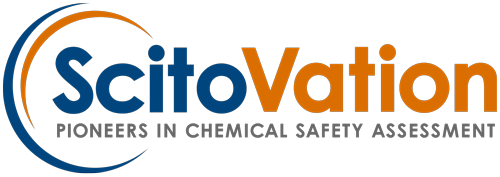
Dr. Orelien is the CEO and President of ScitoVation, LLC a company that helps clients assess the safety of chemical products using in vitro and in silico methods (non-animal approaches). ScitoVation is the recognized leader in the use of innovative science and next-generation technology for assessing chemical safety. Clients of ScitoVation include the American Chemistry Council, the American Beverage Association and fortune 500 companies.
Prior to ScitoVation, Dr. Orelien served as CEO of SciMetrika, LLC a company he co-founded in 2001. SciMetrika was sold in September 2018 to Inoventures, a federal contractor based in northern Virginia. During Dr. Orelien’s tenure, SciMetrika achieved more than $100M in billings and performed on more than 150 federal contracts or task order awards. SciMetrika has received numerous awards for growth, including in 2010 the North Carolina Council for Entrepreneurial Development’s Companies to Watch, as well as Inc. magazine’s Top 500 Fastest Growing Companies in both 2010 and 2011. SciMetrika made the list of fastest growing companies in the Triangle four times finishing #2 in 2012.
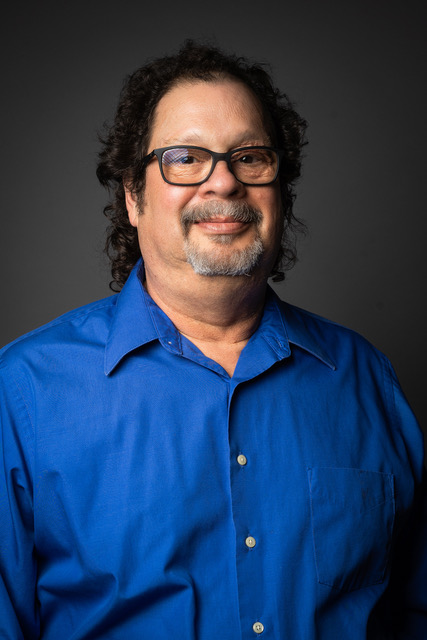
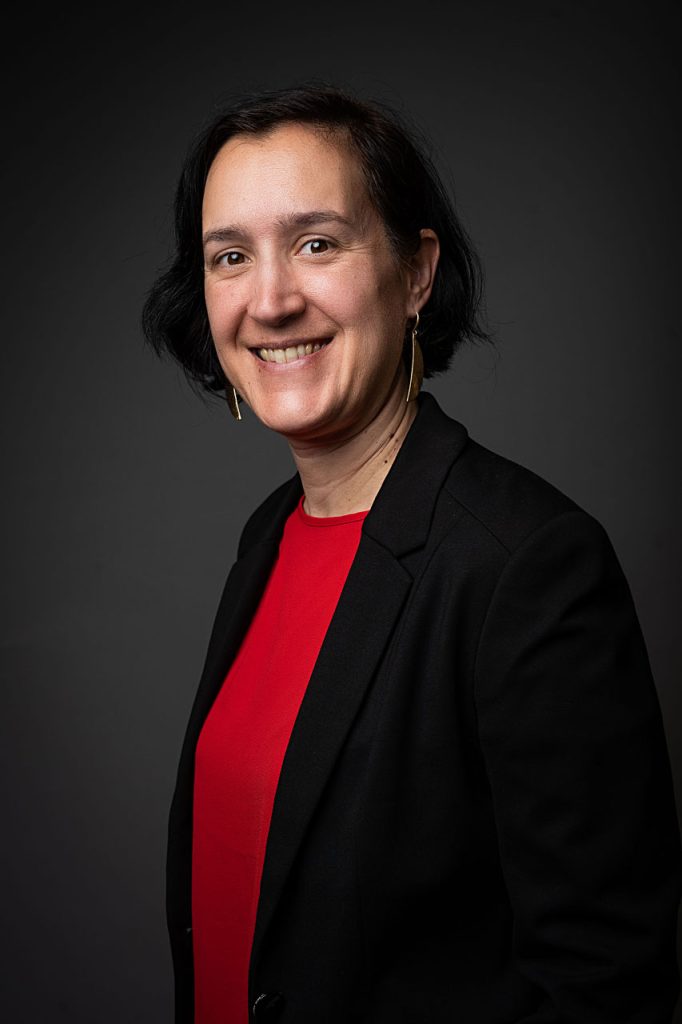
Dr. Marjory Moreau is the Associate Director of the PMPK division at ScitoVation. Dr. Moreau’s research focuses on support and advances new human systems biology-based approaches to chemical safety assessment. This work combines research on in vitro biokinetic modeling, physiologically based pharmacokinetic modeling and quantitative in vitro to in vivo extrapolation modeling to translate non-animal and human cell-based toxicity testing results to safe human exposure estimates to support human health assessment.
She completed her Ph.D. in Public Health with a specialty in Toxicology at the University of Montreal, working on the quantitative relationship between exposure to BaP, the temporal evolution of biomarkers of exposure and the appearance of early biological alterations.
She finished her postdoctoral fellowship under the supervision of Andy Nong at Health Canada Computational Toxicology Laboratory. Marjory received support for her research work by the Natural Sciences and Engineering Research Council of Canada (NSERC) which focused on the application of pharmacokinetic models and high throughput screening results to evaluate the potential hazards of chemicals. This work also combined the in-vitro to in-vivo extrapolation approach with biomonitoring studies to bring forth into a public health context.
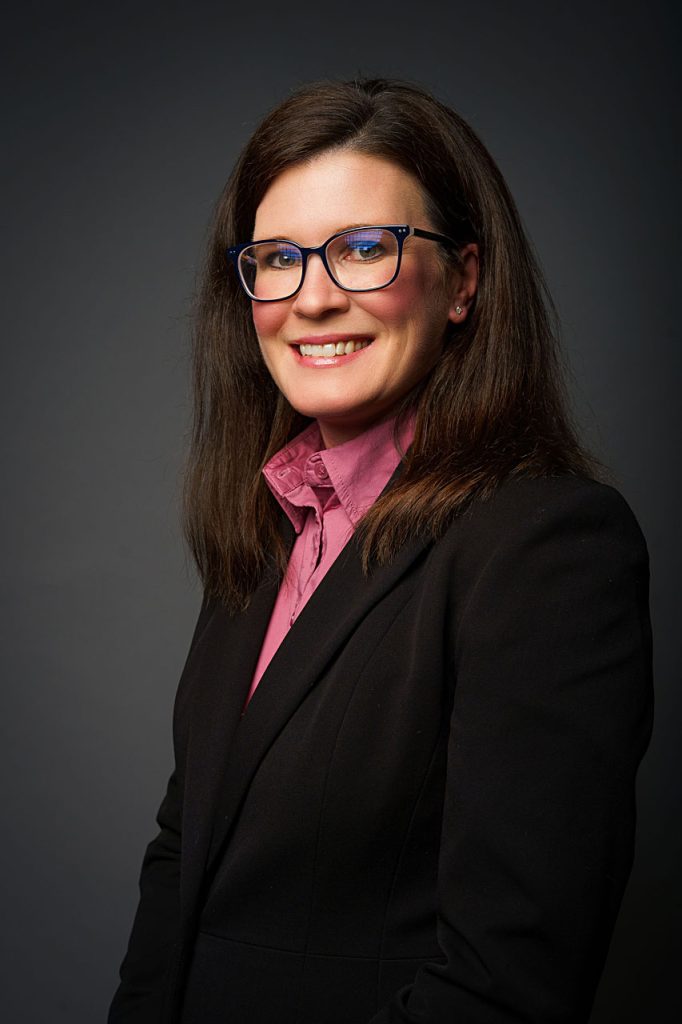

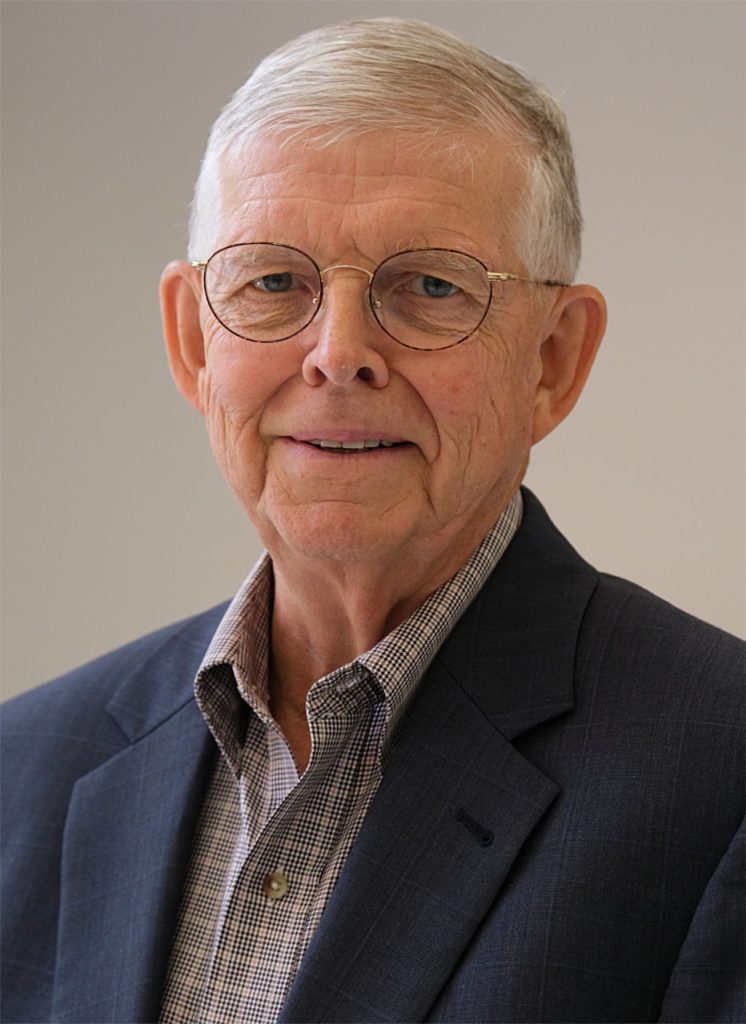
Melvin (Mel) Andersen, Ph.D. is Senior Program Advisor at ScitoVation. He has almost 50 years experience in toxicology and risk assessment, primarily developing and applying physiologically based pharmacokinetic and biologically based pharmacodynamic (PBPK) models in quantitative safety assessments. He has worked in the federal government, private industry and academia. In 2007, Dr. Andersen co-authored a National Research Council report, “Toxicity Testing in the 21st Century: A Vision and a Strategy,” and now works with clients to apply new alternative methods (NAMs) and toxicity pathway-based approaches outlined in this report to support chemical safety assessments.
Mel works with clients to assess MOAs using time and dose-related changes in gene expression in cells and tissues, suggests approaches to use NAMs in human health risk assessment and continues his career-long interest in using PK models in safety assessment. Dr. Andersen has received many awards for professional contributions, including the Frank Blood (1982), Achievement (1984), Arnold J. Lehman (2004) and Merit Awards (2016) from the Society of Toxicology and the Mildred Christian Award for career achievements from the Academy of Toxicological Sciences.
He is a certified industrial hygienist, a diplomate of the American Board of Toxicology and Fellow of the Academy of Toxicological Sciences. He has a Ph.D. in biochemistry and molecular biology from Cornell University.
